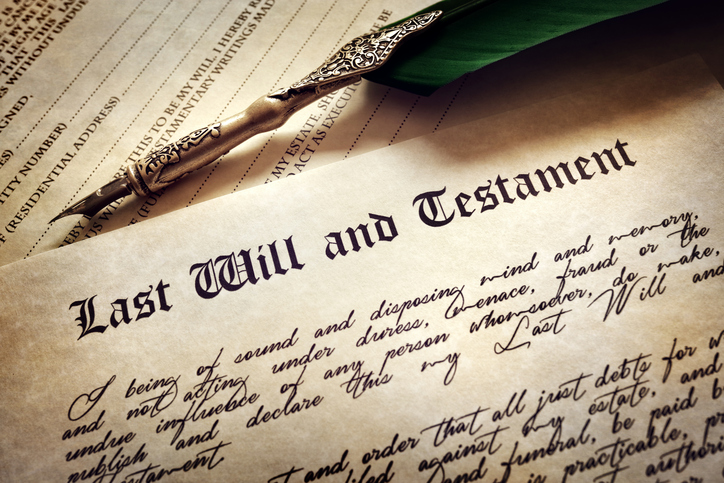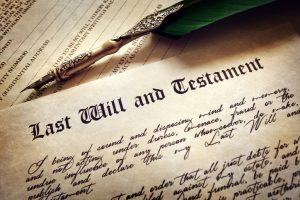In Pennsylvania, the elective share, also known as “force share,” protects a surviving spouse from being completely disinherited as long as the surviving spouse is still married and a divorce action is not pending. The elective share allows a disinherited spouse to choose between taking thirty percent of the deceased’s probate estate on the one hand and the non-probate estate, or the assets left for them in the will on the other. So, a disinherited spouse has the option to choose the share that’s more advantageous to her.
Not all assets are eligible for inclusion in the elective share. The following assets are eligible to be included in the elective share:
1. Probate Property: Property passing from the decedent by will or intestacy
2. Income: Property the deceased spouse would receive income from if transferred during marriage.
3. Jointly Owned Property with Survivorship Rights: If the deceased spouse jointly owned property with someone other than the surviving spouse, the deceased’s interest in that property can be included in the elective share to the extent the deceased spouse could have withdrawn or revoked the entire account balance.
4. Annuity Benefits: Survivorship rights in annuity contracts purchased by the decedent spouse during the marriage, if the decedent spouse is receiving payments from it at the time of death.
5. Lifetime Transfers of certain property: Property transferred during the decedent’s life if the decedent could revoke the transfer or withdraw it for the decedent’s personal benefit.
6. Gifts: Gifts over $3,000 made by decedent within one year of death.
The surviving spouse must file a writing with the Clerk of the Orphans’ Court that they intend to claim the elective share within six months of the decedent’s date of death or within six months of the date that the will was probated, whichever is later. The surviving spouse must file Pennsylvania Inheritance Tax Return REV-1500 with documents that show they successfully claimed the elective share. The inheritance tax rate for property acquired through the elective share is 0%, since spouses pay no inheritance tax.
If your deceased spouse disinherited you and no divorce action was pending before the spouse’s death, contact Shintia Z. Riva, Esquire at 610-521-0604 to claim the elective share.









